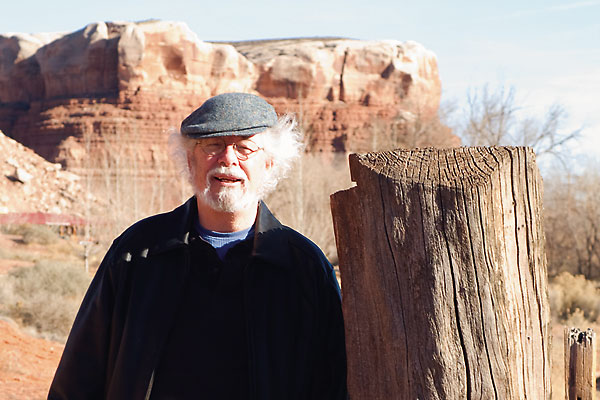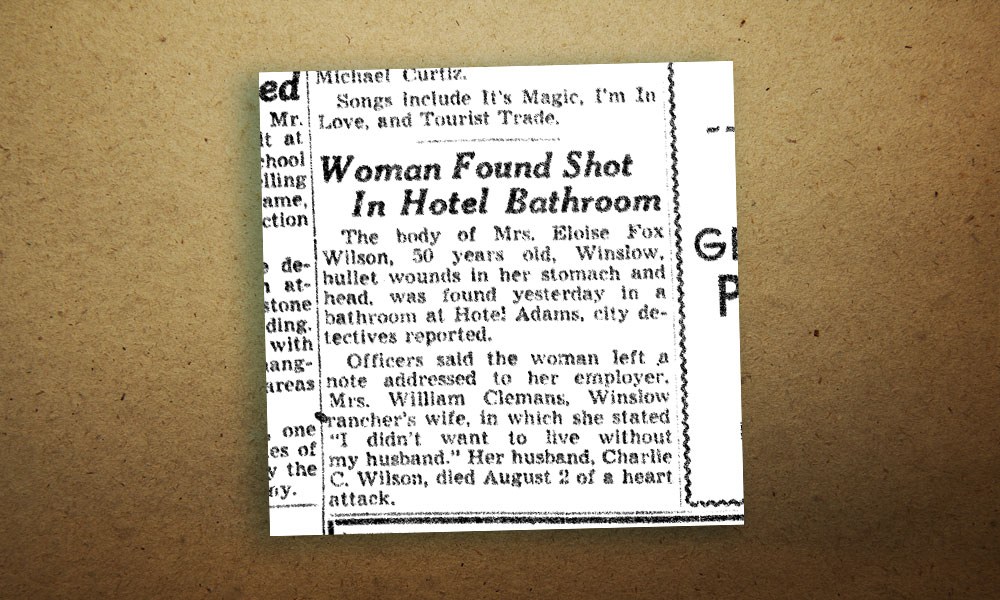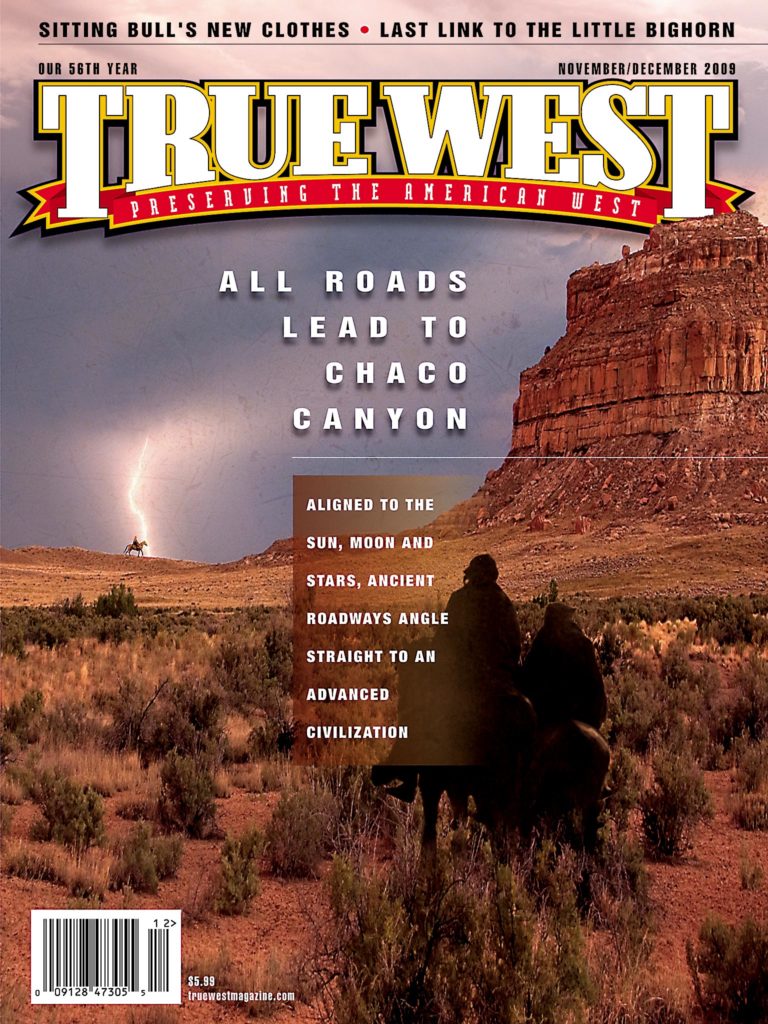
“Redskin on one side of the mountain, redskin on the other” is what my aunts told me when I was a teen. My Cherokee family came to Arkansas on what was later known as the Trail of Tears. Someone in the family, though, decided that we should pass for white. I’ve always wondered what it felt like to those who weren’t light enough to pass as white, what a schism like that does to a family.
The Cherokee originally called themselves “People of the Caves.” Zadayi Red is about their predecessors, those who lived before Europeans “discovered” this continent.
Zadayi Red is actually not my debut novel; it’s my debut Fantasy novel. I’ve written a number of books under another name, mostly historical novels.
Dahzi is a young man on a classic hero’s journey. The template is Joseph Campbell’s description of the hero’s journey—a call to a great deed or adventure, the crossing into some different world, finding a guide, encountering many obstacles and enemies, coming to a great climax and, in the end, returning to the community with some kind of boon for them.
Mark Twain is the beginning of American fiction. He wrote in the language of ordinary Americans, for an audience of Americans, with American values.
John Neihardt, author of Black Elk Speaks, taught me the power in the forgotten citizens of the West—the mountain men and especially the Indians. He was the first person I sensed was a great man (even though we disagreed about everything).
Split between Dixie and Yankee, I grew up in Arkansas and St. Louis. Feeling like a hick in St. Louis. Loving the mountains and lakes of Arkansas, but living in a city, and discovering music through that, which was great.
Tony Hillerman was a friend and a good man. I can’t use him as a model—we’re too different as writers—but I valued his friendship. I do plan, before long, to write a lot about the Navajo people. I live among them and know them.
Happiness is being with my wife, the splendid center of my life, every day. My family. Writing (the creative process, not the business). Playing music. Watching baseball and movies.
Living in Indian Country is fascinating. Our county (San Juan County, Utah) is 90 percent American Indian, and those people make me aware every day of how diverse human beings are, how many right ways there are to think. How funny and quirky human beings are, all of us. All this makes my novels much richer—I see crazy characters all around me and note them down.
The best advice I have received are the three rules of becoming a good writer, as told to me by my friend Don Coldsmith: 1) Write every day. 2) Write every day. 3) Write every day.
My favorite American Indian myth is the last one I read, heard or retold to myself. One favorite, for sure, is how the Blackfeet arranged with the buffalo to do a ceremony every year to honor the great beasts, in return for using their flesh to live.
One sacred ceremony I feel blessed to have seen is the sweat lodge ceremony, for which I am now a leader. But my series of vision quests were a huge event in my life, and the one held at the Medicine Wheel in Wyoming a culmination.
History has taught me to understand my own culture—comedy and tragedy, splendor and horror. To know us now, I had to see the steps we walked to get here. All of us, Anglo, black, American Indian, Mexican, and the millions of emigrants who have fed into the bloodstream. No one person can know it all.
Caleb Fox, Author
Zadayi Red is the first novel in Caleb Fox’s debut Fantasy series “Spirit Flight” published by Tor Books. After graduate school at Columbia, Fox was an entertainment reviewer for various Los Angles newspapers. Fox now divides his time between wine country and the red rocks of Monument Valley, with his wife and fellow novelist Sarita and their five children.





